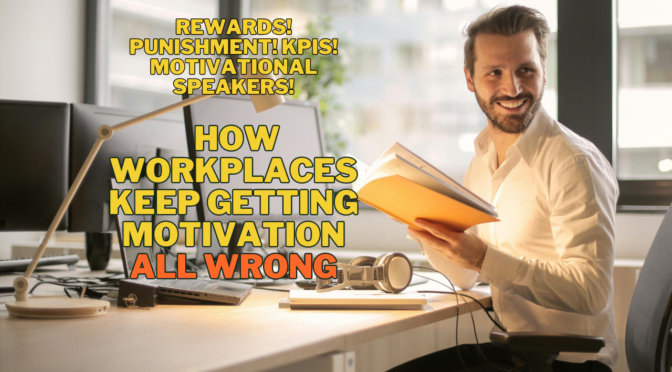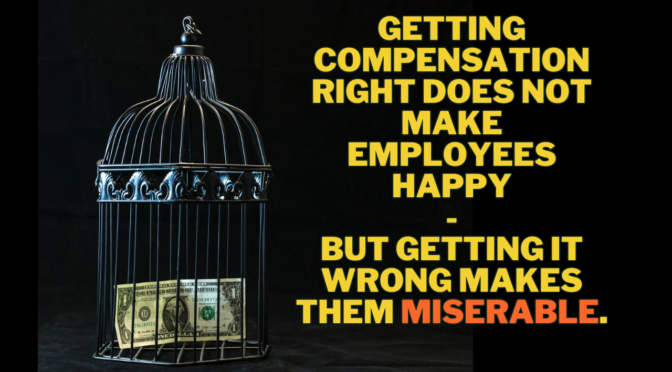Last night I had the pleasure of spending an evening in the company of Zero7. There are many reasons why they’re such a great band, here’s a few of them:
* The music. Soulful, beautiful, sometimes edgy, always great.
* The singers. Mozez (the only guy) with his airy,light voice. Sophie with the clean, clear, perfect voice. Sia with the almost unintelligible, gravelly, but no less beautiful growl. And new danish addition Tina Dico with her amazing vocal dexterity. Each one has a distinct, excellent style, worthy of being the lead singer for some band. And zero7 has four of them. I have no idea how they do it.
* The mood. The people on stage are having a good time, and it shows. Especially Sia Furler who was constantly giggling and doing small dances, until it came time for her to sing. Then she was 100% focused on just that.
* The setup. Zero7 are actually just the two geeky-looking guys in the background, getting absolutely no attention during the concert. They let the singers and the other musicians take the show. This may be the only band with no ego.
But mostly the music of course. They make wonderful, introspective, quiet ambient electronica, which it can be pretty hard to transplant to a live concert. But they did so in excellent style, taking some songs up a notch to where you can see the rock-potential in them, or even taking them down a little, to where it’s just a singer a guitar and a keyboard. Excellent!!
You can hear some of their latest songs here. Check them out, and if you get a chance to see them live, do it!!!





